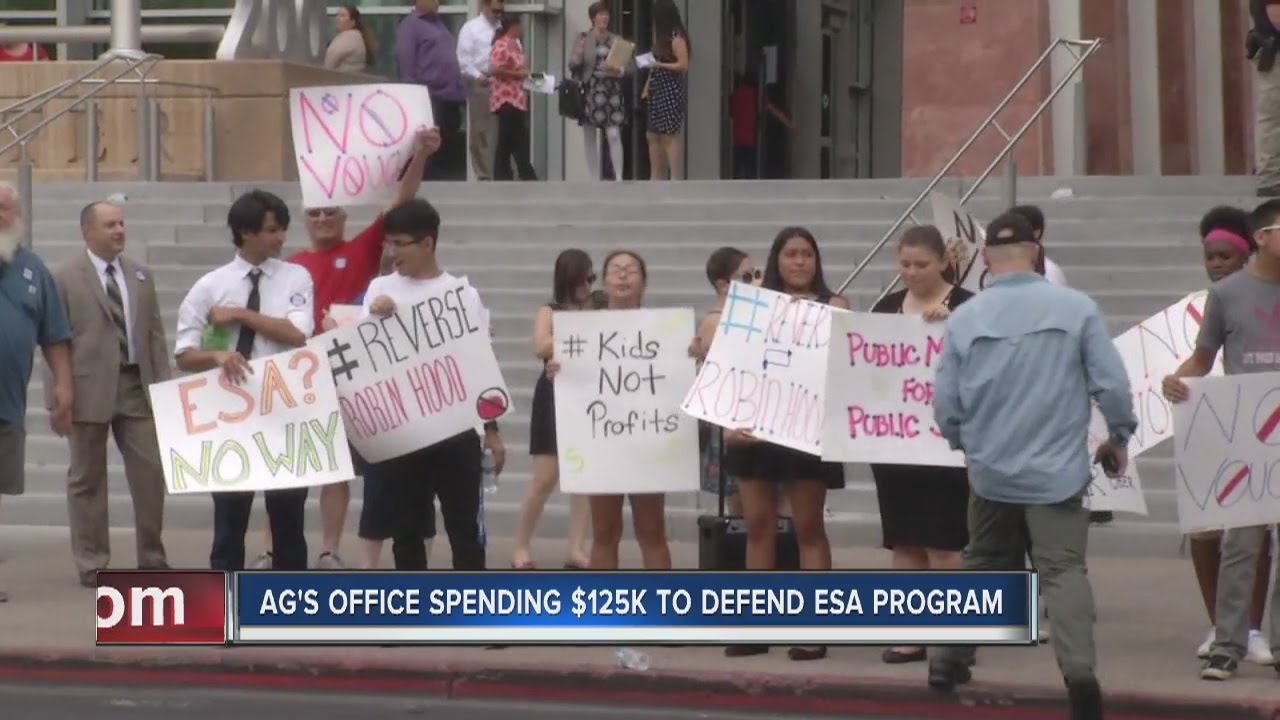The Nevada Supreme Court has struck down the most extensive school-choice plan in the country, finding the legislature failed to appropriate enough money to sufficiently fund the state’s public schools before implementing the voucher plan.
The court rejected arguments raised this summer in a brief by the Baptist Joint Committee for Religious Liberty that Nevada’s Educational Savings Account program allowing parents to receive grants from the state’s public school funding for use at an eligible private school, including religious, violates a portion of the state’s constitution prohibiting the use of taxpayer funds for any “sectarian purpose.”
“Funding religious schools with taxpayer money can violate the consciences of citizens who disagree with their teachings,” Jennifer Hawks, associate general counsel of the Baptist Joint Committee, said in July. “Parents have the right to choose a religious education for their children but not the right to insist that taxpayers pay for it through any type of voucher program.”
“Voucher programs like Nevada’s Education Savings Program, which divert tax dollars from the public schools to private religious schools, are precisely the types of programs forbidden by the No-Aid Clause,” the BJC argued in a friend-of-the-court brief filed July 21.
“By funding religious instruction and making religious institutions beholden to the State, such programs threaten the social compact that protects the vibrant diversity of religious beliefs and the freedom of conscience that Nevadans currently enjoy,” the brief argued. “This is true whether State aid is direct or indirect, and regardless of the intent or overarching purpose of the legislation.”
While declaring the voucher plan unconstitutional for other reasons, the Nevada Supreme Court disagreed with that position in a decision handed down Sept. 29.
“Once the public funds are deposited into an education savings account, the funds are no longer ‘public funds’ but are instead the private funds of the individual parent who established the account,” the court determined. “The parent decides where to spend that money for the child’s education and may choose from a variety of participating entities, including religious and non-religious schools.”
Any decision by the parent to use the funds in his or her account to pay tuition at a religious school, the court said, does not involve the use of “public funds” and thus “does not implicate” the no-aid clause of the state constitution.
Americans United for Separation of Church and State, which took part in filing one of the two lawsuits leading to the decision, said the Nevada Supreme Court was correct to permanently block the voucher program.
“Nevada taxpayers should not be forced to subsidize religious schools,” said Barry W. Lynn, executive director of Americans United and an ordained minister in the United Church of Christ. “Yet that is exactly what this voucher scheme would allow.”
Previous story:
School voucher program compromises religious liberty, says BJC

